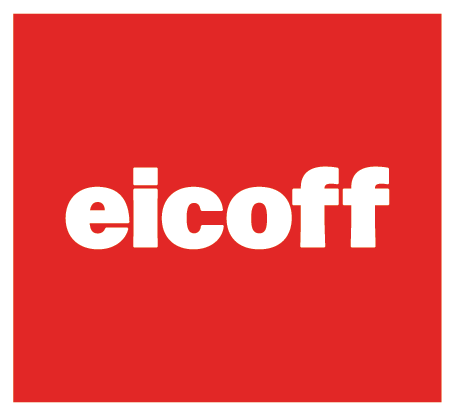Millennials Most Likely To Spend On Brands They Love
Author. John Zealley. Source: MediaPost
Despite claims that brand loyalty is dead among millennials, new research from Accenture, which explored the loyalty relationships between consumers and brands operating in the CPG industry, finds that 67% will, in fact, spend more with the brands they love, compared to older shoppers. But realizing that opportunity by earning and maintaining loyalty from younger consumers remains a challenge, as 70% regularly keep an eye out for better deals.
Creating satisfying consumer experiences is more vital than ever
Today, 59% of millennials feel loyal to the consumer goods brands they do business with, while 67% would happily recommend them to family and friends. Furthermore, 73% feel satisfied with the service they receive.
Yet, expectations are high, as 75% of millennials believe that consumer goods companies must get it right by offering a wide range of product and service options, while 73% believe making it easy to do business with them is key, and 72% cite the delivery of high-quality products and services as required. But get it right, and the rewards are there — with 38% of millennials expect to increase spending on the consumer goods brands they love.
Actively engaging with your consumers is now expected to earn loyalty
Far from feeling overloaded or “stalked,” Millennials expect consistent and personalized engagement with CPG brands, regardless of the channel or device they use to explore items or make purchases. When looking for information about products to buy, the majority turn to online channels with 52% citing convenience and 51% citing speed as key drivers, while 47% go online often because they find the best price.
And when it doesn’t work out, interestingly, 28% of millennials will seek the face-to-face interaction of in-store customer service support in the first instance, followed by 25% looking for online information on the company’s website and 25% using third-party online sources.
But don’t rest on your laurels
Seventy percent of millennials do keep an eye out for better deals, and a quarter of this generation has stopped doing business with a consumer goods company in the past year, preferring to switch to a competitor brand. Furthermore, millennials are less likely than older shoppers to use customer support, with 34% saying they never let a company know when there is an issue but simply move on, which makes it harder for companies to respond.
Today’s millennials expect closer, more personalized relationships with brands. Organizations and brands have the opportunity to benefit long-term from millennial loyalty, but the challenge will be earning that loyalty in the first place. To do so, brands need to create a deep, authentic and appropriately personal experience that makes their products seem tailor-made — or at least more relevant to — individual consumers. The more that consumers experience this sort of intimacy with brands, the more they will grow to expect it across other brand interactions. The expectation is already there to some extent and is spreading fast.
So, key to success is communication with the consumer on every level. The consumer has to have a satisfying brand experience from the start of every transaction to the end. To inspire brand loyalty, consumer goods companies need the right mix of technology capabilities to deliver highly personalized and engaging experiences that deliver every time.
As a result, as the demands of millennials evolve, the boundaries of retailer and manufacturer will continue to blur, as companies evolve to meet their consumers’ needs. These forces will cause the consumer goods industry to change more in the next 10 years than it has in the past 40 years. The key drivers of success over the next decade will be centered on building a deep understanding of and connection to the empowered consumer, promptly incorporating disruptive technologies, and embracing transformative business models in both the offline and online space.


